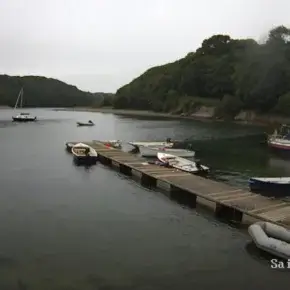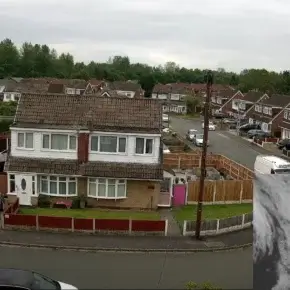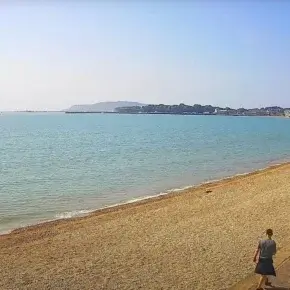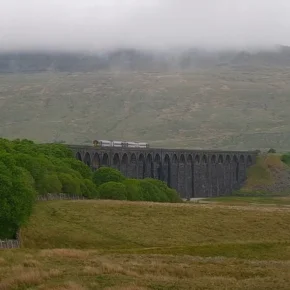Burnham-on-Sea, situated at the mouth of the River Parrett on Bridgwater Bay in Somerset, England, began as a humble fishing village until the late 18th century when its popularity as a seaside resort led to significant growth.
This coastal town is part of the Burnham-on-Sea and Highbridge parish, sharing a town council with the neighboring market town, Highbridge.
One of Burnham-on-Sea’s iconic features is its low lighthouse, a Grade-II listed building constructed in 1832, boasting a distinctive red and white striped exterior.
History
Situated on the boundary of the Somerset Levels, where they meet the Bristol Channel, Burnham-on-Sea has a history marked by land reclamation and coastal defenses dating back to Roman times.
The town suffered significant impacts from the Bristol Channel floods of 1607, leading to the construction of the present curved concrete wall in 1988. The area’s waters, particularly the Gore Sands just offshore, have witnessed numerous shipwrecks, often exposed during low tides. Consequently, lighthouses are prominent landmarks in the town.
The Round Tower, the original lighthouse, replaced the light atop St Andrews Church’s 14th-century tower. Subsequently, the 110-foot (34-meter) High Lighthouse and the wooden-pile Lighthouse on legs were erected on the beach. In 1836, Burnham-on-Sea received its first lifeboat, courtesy of the Corporation of Bridgwater.






